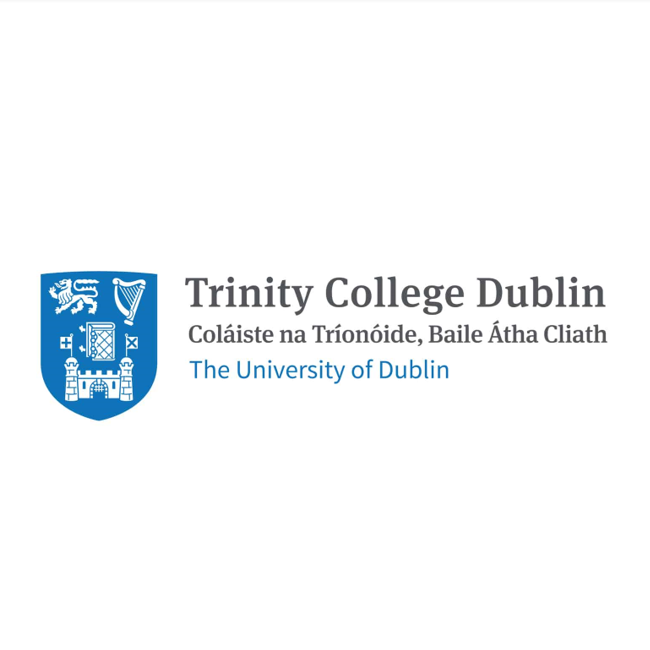Minimally invasive implant for benign prostatic hyperplasia
ProVerum has developed a minimally invasive implant for patients with symptomatic Benign Prostatic Hyperplasia (BPH) as an alternative to invasive surgery. ProVerum 2.0 will create a flexible delivery system allowing easier insertion. The project will also assess the route to market for the device.
Origins
BPH is an enlargement of the prostate causing difficulty with urination and is one of the most common medical conditions affecting men, with 50% over 60 years impacted. ProVerum offers a safer, less costly alternative, with fewer side effects. The project originated in the (EIT Health member) BioInnovate Programme, where the Co-Founder, Dr Conor Harkin, was a Fellow in 2013. An “unmet clinical need” for a less invasive treatment for BPH was identified.
Team
ProVerum Medical (Ireland), including Dr Conor Harkin and Co-Founder Dr Ríona Ní Ghriallais, will co-ordinate the project in conjunction with Urology Professor Thomas Lynch and his colleagues at Trinity College Dublin (Ireland), Fraunhofer Centre for International Management and Knowledge Economy IMW (Germany) and Genesis Biomed (Spain). The consortium brings together international clinical, R&D and business expertise.
The project
The ProVerum device is an implant for the treatment of benign prostatic enlargement. This project will:
- Optmise the ProVerum delivery system; ensuring it is suitable for insertion under local anaesthetic in a day-case setting.
- Plan the route to market and update the business plan, with insights into entry to the German and Spanish markets for the ProVerum device.
EIT Health has contributed to the ProVerum project from the beginning. In 2016, the project won a €50 000 Headstart grant from EIT Health, and that support enabled the company to spin out from Trinity College Dublin. The team also took part in the 2016 EIT Health Launchlab programme, which enabled market validation.
Impact
The project has positive impacts for:
- Doctors, who can take advantage of an easier, safer alternative to surgery that has fewer side effects.
- Patients, who can avoid surgery and reduce risks of re hospitalisation with this effective, less-invasive implant.
- Healthcare systems, which can avoid the costs associated with surgery and re-hospitalisation.
Why this is an EIT Health Project
This project is in keeping with the EIT Health Focus Area of “Improving Care Pathways”, because a less-invasive treatment for BPH promises to improve outcomes for patients and reduce complications related to surgery.
Members

CLC/InnoStars: Spain
Partner classification: Business
GENESIS Biomed is a consultancy firm in the biomedical healthcare sector specialized in providing consulting services to spin-off and start-up companies, entrepreneurs and research centers. Based in our expertise we help entrepreneurs and researchers to shape their business plan and we support them in the private fundraising process. We have worked on 253 projects of 15 different types and we have raised more than 67.5 M€ in the last 6 years. Our expertise domains are biopharmaceutical, biotechnological, medical devices, in vitro diagnostic, digital health nutraceutical and cosmetic. With more than 20 years of expertise in the healthcare sector, we are born in May 2017 and we are located in the Barcelona Science Park and in the center of Madrid.
GENESIS Biomed
GENESIS Biomed, Carrer de Baldiri Reixac, 4-12-15, 08028 Barcelona, España


CLC/InnoStars: UK-Ireland
Partner classification: Education, Research
Trinity College Dublin is Ireland's leading University and has a number of activities relevant for EIT Health: School of Nursing & Midwifery, with a focus on Ageing & Intellectual Disability, Mental Health, Population & Community Health and Improving Health & Wellbeing of Women, Children & Families; Trinity Centre for Practice & Healthcare Innovation; Bioengineering & Advanced Materials: Trinity College Institute for Neuroscience & Global Brain Health Institute; TILDA - Irish longitudinal ageing study; School of Computer Sciences & Statistics with expertise in AI, digital content technology, augmented reality and statistics & data science; Learnovate: Innovation in EdTech and learning technology; ADAPT: Digital content and media innovation; Tangent, Trinity's Ideas Workspace: innovation and entrepreneurship education and start-up support; Trinity Business School Centre for Social Innovation; Science Gallery.
Trinity College Dublin
Trinity College Dublin, College Green, Dublin, Ireland
Key Activities in Research and Developement
Other research, Biomedical engineering, Life Sciences, Clinical research
Key Activities in Corporate Innovation
Med Tech, ICT
Key Activities in Social Innovation
Healthcare provision
Key Activities in Business Creation
incubation, Technology Transfer, Business coaching
Key Activities in Education
Business Schools, Entrepreneurship training, Technical faculties, Medical faculties, Healthcare professional education/training
